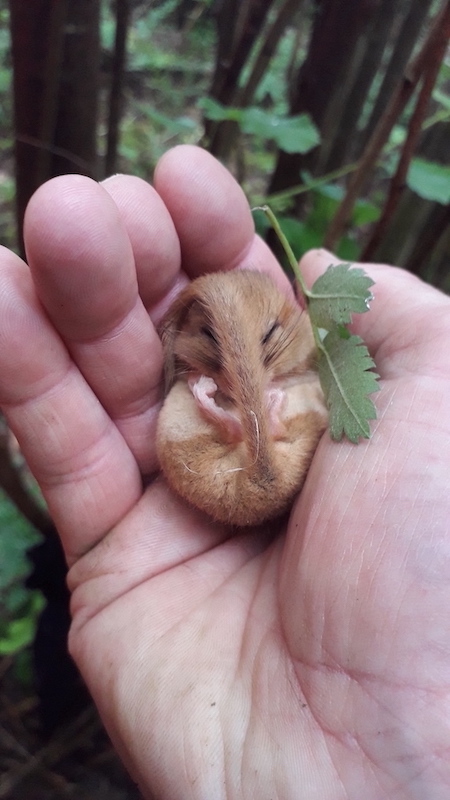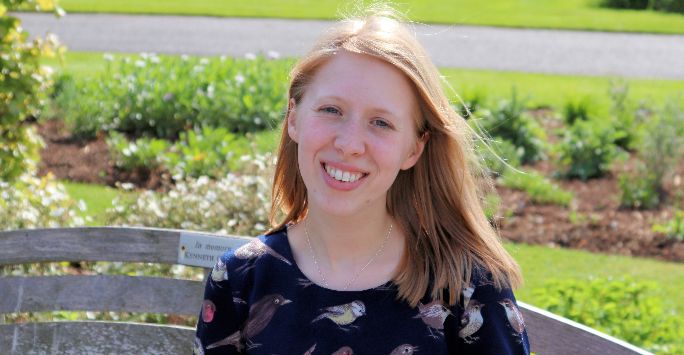Research interests
I am interested in conservation ecology and genetics, particularly how we can minimise anthropogenic effects and recover populations of key species and biodiversity as a whole.
For my PhD project, I am studying hazel dormouse conservation and monitoring methods. This includes investigating the factors which influence reintroduced populations, such as habitat and climate. Through mapping suitable areas for dormice, the aim is to ultimately streamline the reintroduction site selection process and locate priority areas for conservation or mitigation measures. I’m also interested in non-invasive monitoring techniques, such as the use of environmental DNA surveys.
Publications
Cartledge, E. L., Baker, M., White, I., Powell, A., Gregory, B., Varley, M., Hurst, J. L., & Stockley, P. (2021). Applying remotely sensed habitat descriptors to assist reintroduction programs: A case study in the hazel dormouse. Conservation Science and Practice, 3(12), e544. https://doi.org/10.1111/csp2.544
News articles and blogs
Cartledge, E. L. (2022) Habitat suitability mapping helps to identify future dormouse reintroduction sites. Current Conservation.
Cartledge, E. L. (2021) Mapping suitable habitat for dormice in England. PTES.
Cartledge, E.L. (2020) Return of the dormouse: evaluating reintroduction success. Mammal Society.

Back to: Mammalian Behaviour and Evolution
